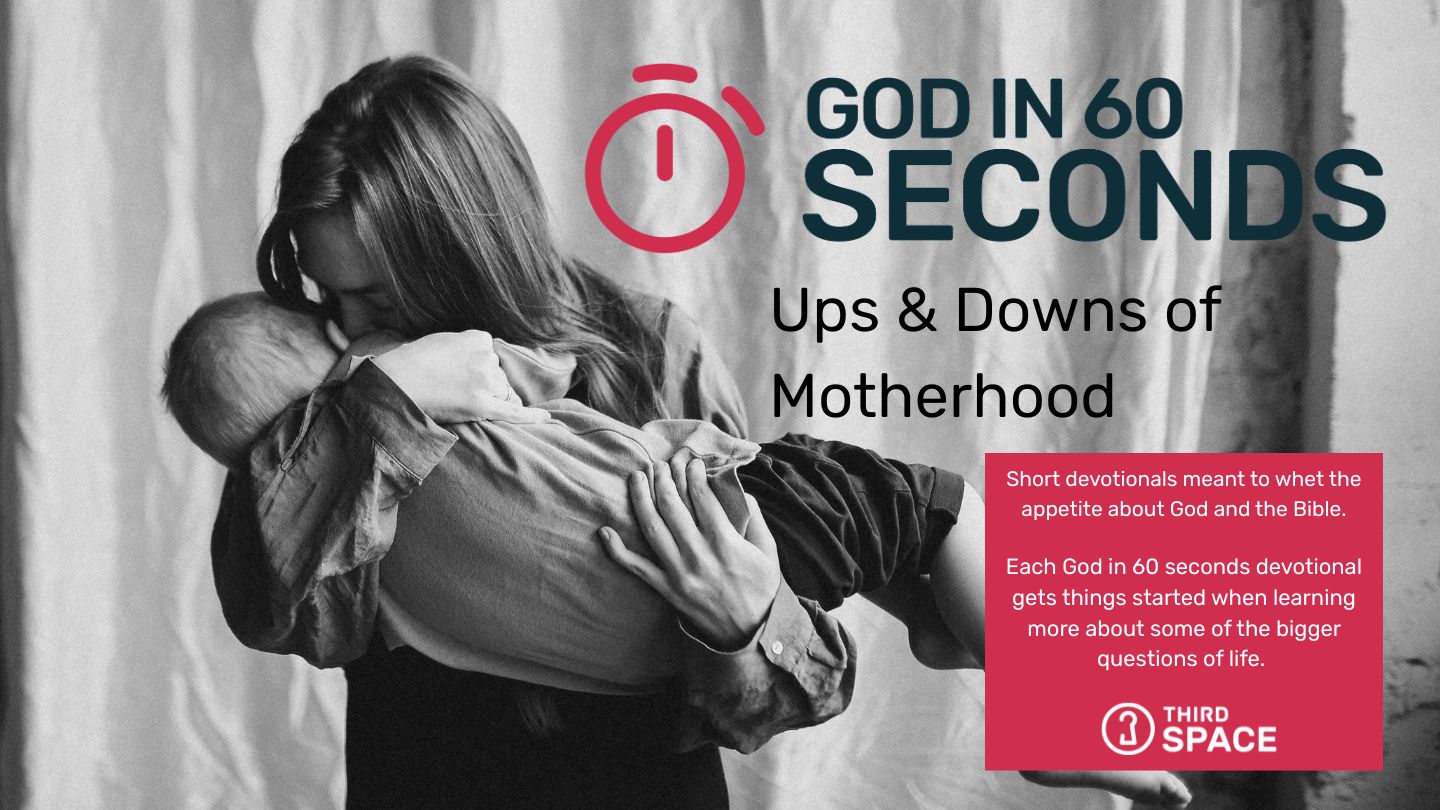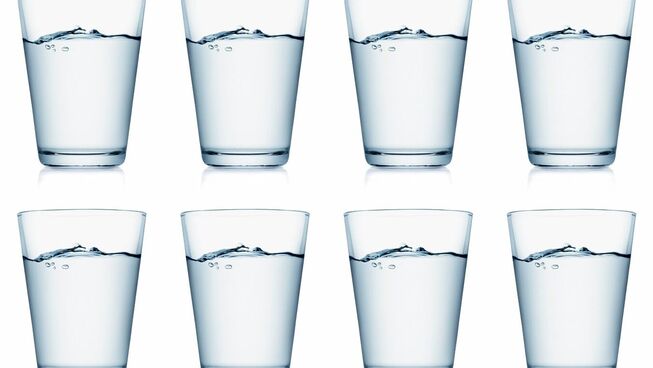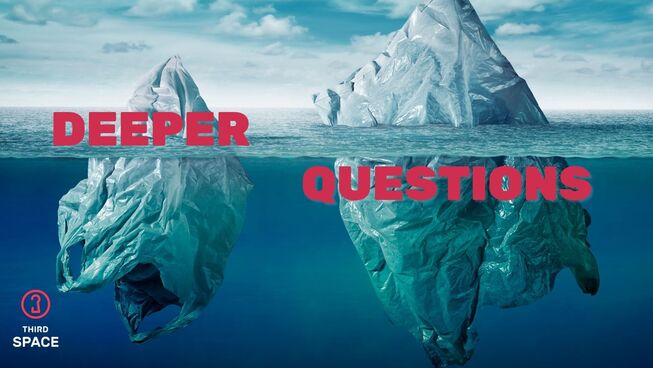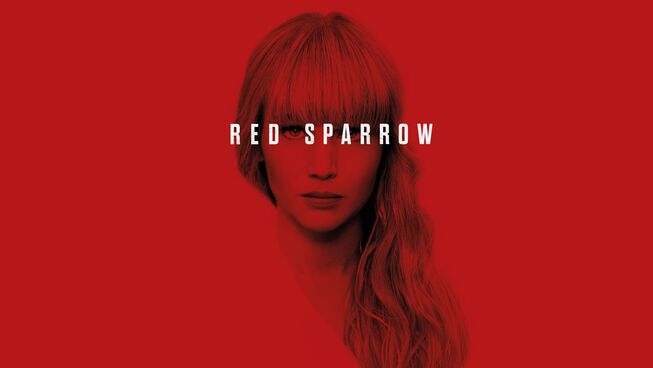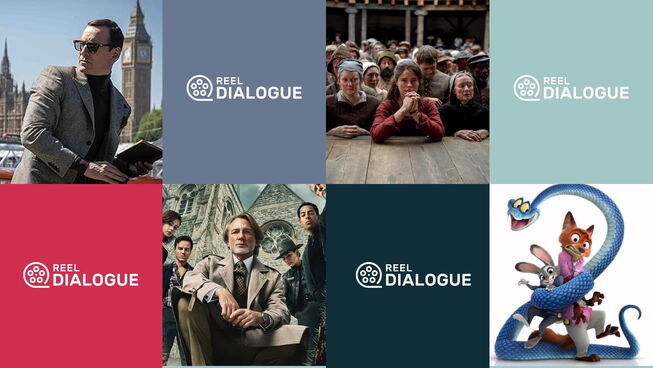Die, My Love

⭐️ ⭐️ (out of 5 stars)
Postpartum depression in the lives of mothers is a topic that people may be aware of, but few can honestly say they understand. Ariana Harwicz’s 2012 novel addresses the pain, psychosis and maddening aspects of this condition that impacts the lives of women worldwide. Director Lynne Ramsay (You Were Never Really Here) takes the pages of the Argentinian novelist. She brings them to vivid and disturbing life that will burn in the souls of audiences for years to come.
Grace (Jennifer Lawrence) is a writer who moves from New York to Montana to live in the boyhood home of her boyfriend, Jackson (Robert Pattinson). As they adapt to the quieter life in the rural community, the couple bring a son into the world. Despite the connections with family and friends, Grace quickly descends into a psychological malaise and depression, making it hard to determine where reality and fantasy separate. Due to the isolation and mental anguish of this young mother, the family must determine how to address these internal battles that work to tear their lives apart.
Jennifer Lawrence has decided to shake off the familiarity of The Hunger Games with her fans by engaging with heartbreaking, psychological dramas to prove the depth of her acting prowess. Reminiscent of her characters in Silver Linings Playbook, Mother!, and Red Sparrow, the Academy Award-winning actress does all she can to embrace the mental torment of her tortured character. A story that seeks to make a statement about the anguish of mothers who suffer from this condition, which has few solutions. Her performance complements Lynne Ramsay's visceral, unforgiving filmmaking, which is less entertaining than confronting, from the opening credits through to the torturous conclusion. Robert Pattinson, Sissy Spacek and Nick Nolte add to the story, but the film belongs to Lawrence.
Die, My Love contains outstanding work from all involved. Yet, every frame does all that it can to slap the audience into submission to the mental health messaging. The constant gut-punches become relentless, leaving little room for sympathy or comedy to offer the viewer a reprieve from the visual onslaught. There is much to celebrate in this production, but little to encourage anyone to revisit the movie after enduring the psychological trauma that ensues.
Reel Dialogue and Third Space have entered the world of YouVersion: Download the app, dive into the plans, and engage with the Bible in a fresh and exciting way.
Reel Dialogue: Is life worth living?
The intention of the novel and film is to shed light on the mental health challenges women face and to help people recognise the warning signs. Within this discussion, it may be best to encourage people to know that God cares for them. Regardless of life's difficulties, people must understand that life is worth living.
The God of the Bible knew us all before we were born. Also, he is there for us as we progress through life and face the inevitable trials of being human. God knows and cares for us all. He sees all of his creation as a masterpiece, as the psalmist says in Psalm 139: "You are fearfully and wonderfully made."
Also, throughout the trials and travails of this time on earth, he provides hope through the work of his son, Jesus, who came to save us and give us access to eternal life. From the beginning to the closing message of the Bible, people can know that anyone can choose to have this hope of eternal life. God is there to help us through day-to-day living, and there are people out there to assist with the darker times, too.
If you need help, reach out to God and the resources below. In Australia: Call Lifeline at 13 11 14 or go to the website: lifeline.org.au
